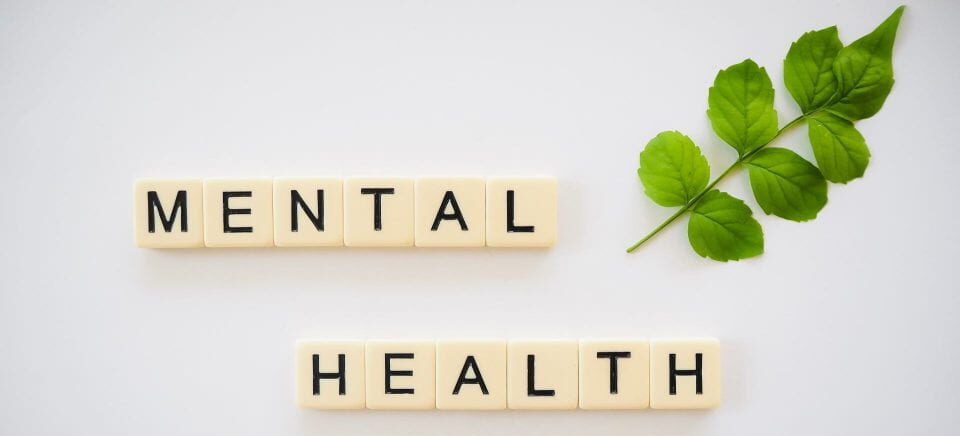Everyone has coping skills. They may not be aware of the strategies they are using and those skills may not be healthy, but we all have strategies and skills that we use to deal with our struggles. For a teenager that is struggling with anxiety, healthy coping is crucial for their well-being.
Getting your teenager to use coping strategies may be a little bit of a challenge, but here are a few things to consider:
- Lead by example: Modeling positive coping skills is critical because teens are often observing the people around them. Let them catch you coping with your stress and anxiety in healthy ways. It also isn’t realistic or fair to expect them to use healthy coping skills if you aren’t.
- Educate: Have a discussion with your teen about coping skills, what they are, healthy vs unhealthy skills, and educate them on realistic expectations of the use of coping skills.
- Collaborate: Most teens love to have a say in their life. After educating your teen about coping skills, get them involved in the process of practicing and choosing coping skills that might work for them. Instead of telling them to use a certain strategy, ask them what strategy they would like to try.
- Reinforce and celebrate progress: Acknowledge and reinforce your teenager’s steps towards the use of healthy coping skills. Even small steps in the right direction should be celebrated.
Here are a few common coping skills that your teen might find helpful:
- Deep Breathing: Proper deep breathing has been shown to be effective in reducing physical symptoms of anxiety. An example of this is the 4-7-8 technique, where they inhale for 4 seconds, hold for 7 seconds, and exhale for 8 seconds.
- Relaxation: Explore different relaxation exercises with your teenager: calming music, bubble bath, showering, engaging in a hobby they enjoy, meditation or mindfulness, or yoga.
- Positive Self Talk: There are several strategies to assist with positive thinking: encourage gratitude, incorporate positive affirmations, teach them to challenge their anxious thinking and replace with more rational thinking.
- Grounding Exercises: Grounding exercises are things we can do to bring ourselves into contact with the present moment – the here and now. These techniques help us distract ourselves by focusing on something other than the difficult emotions that we are experiencing. Some of these are 5, 4, 3, 2, 1; categories; body awareness (ex: clench hands and then release, dig feet into the ground, take 5 deep breaths), mental exercises (ex: counting backwards from 100 by 7’s; find all objects in room that are a certain color, name all family members, ages, birthdates).
- Healthy Habits: Typically a table needs four legs to ensure that it is straight and able to hold items. The same can be said for healthy habits: these 4 habits (or pillars) are like the 4 legs on a table, they ensure that we have a solid foundation:
- Sleep hygiene: Does your teenager maintain a regular sleep schedule and practice other healthy sleeping habits (using limited naps with care, limiting light exposure from LED screens before sleep)?
- Nutrition: Does your teen maintain a healthy balance of nutritious foods (vegetables, fruits, whole grains, healthy protein)?
- Staying physically active: Is your teen able to exercise regularly and stay somewhat physically active during their day?
- Social support: Is your teen able to socialize and spend time with others or are they self-isolating from others?
- Journaling or talking about what is going on: Encourage your teen to talk about their anxious feelings or journal about them as a way to express what is going on. I often use the analogy of a balloon with my clients…you can only put so much air in a balloon before it pops. The same could be said for us and our feelings…we can only have so many feelings/thoughts inside of us before we “pop.” Journaling and talking about those things helps us release some “air” from our balloons so we don’t pop.
If your teenager is using some of the skills and their anxiety is still problematic, professional help may be needed. If you would like to work together to help your teenager, please click here and complete the new client form.
